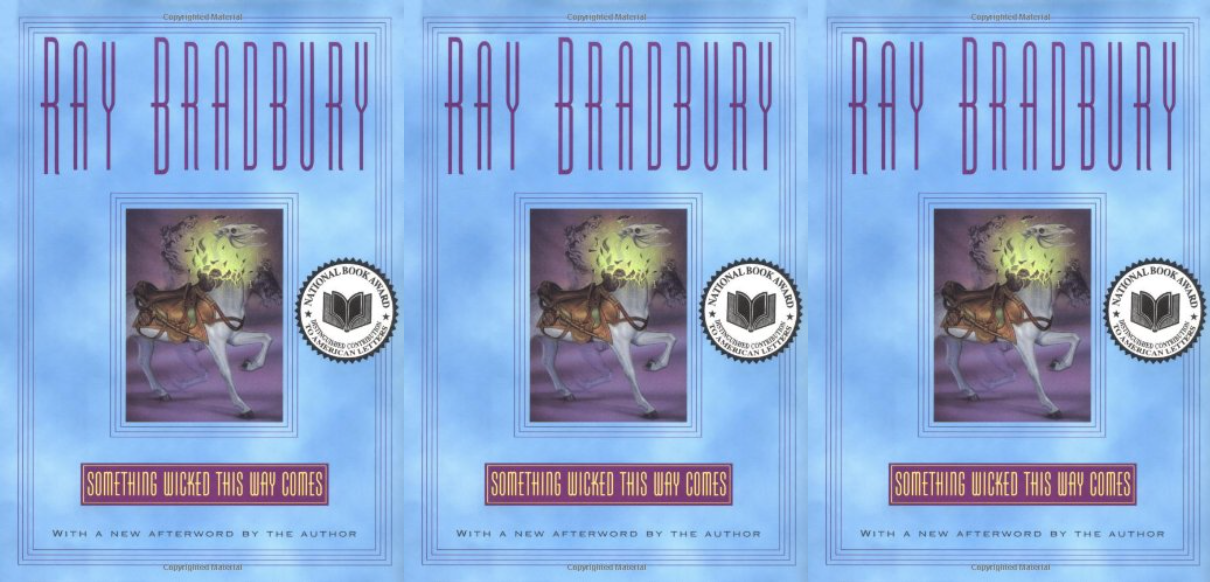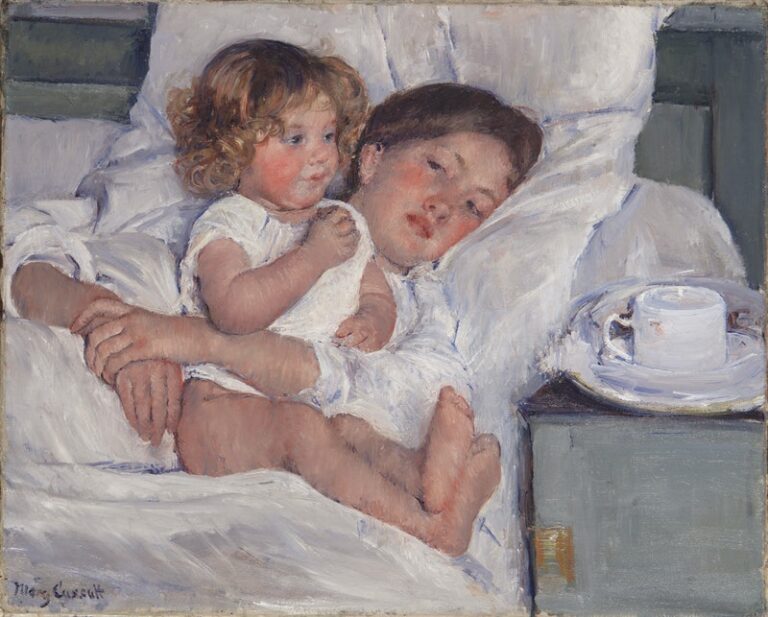What I Reread: Something Wicked This Way Comes

I’m not the world’s biggest fan of Ray Bradbury, or sci-fi in general (though I respect it plenty—its speculation on the future, its persistent social commentary, its relentless and somehow familiar glandular imagining). But every fall when I pick up Something Wicked This Way Comes, I feel the way I did when I first opened the book at seventeen, the age at which I fell in love with reading all over again after having abandoned it sometime in junior high. In an evangelical community like mine, even one that encouraged reading and supported education, problems with literature begin to rear their ugly heads with the coming of age. I’m guessing that it gets harder and harder for parents to find books that appeal to an older sensibility while not endorsing—or at least representing—the more worldly behaviors. I had a mother who responsibly read everything I did, and after I’d exhausted Madeleine L’Engle, I had no idea where to turn.
Something Wicked This Way Comes has all the suspense the child in me still wanted and a taste of the emotional weight and complexity that the adult in me was beginning to crave. There’s the smell of fall, leaves turning, ominous carnival flyers blowing in the wind. A coffin of ice waiting for a woman’s body. An earnest, protective lightening rod salesman wise to the “October people.” Then there’s the father, a janitor in the town library, approaching old age. There’s a lonely favorite teacher, still pretty but fading. There’s a little tiny bit of sexual voyeurism, too, and most likely a sexual freak show, but all this is more implied than explicit, not so obvious that you can’t pretend you don’t understand, if questioned in church. In other words, it’s pretty clean. And the set-up is straightforward: two main characters, Jim Nightshade and Will Halloway (one dark, one fair), must choose between good and evil. Only here the set-up has been contextualized by a backdrop of adult preoccupations. Will’s father is much older than his mother, and they have begun to fight. The teacher, single and childless, yearns for youth and companionship.
What the October people offer adults, through a merry-go-round that takes away the years and a tricky house of mirrors, is conditional recovery for the pangs of regret, disappointment, and loss. They offer youth to an aging man who wants not to let down his young wife and son. They offer restored beauty and family to a lonely, childless woman. And I suppose what the book offers can only be called a “message,” but not one so directly stated that it feels more didactic than experienced. The book suggests that regret, disappointment, loss ,and even (maybe especially)misbehavior are the conduits for compassion—a regular by-product of the best literature and, come to think of it, what’s best about many religions, too.
In the penultimate scene, deep within the library stacks, the carnival witch tries to stop the janitor’s heart by speaking the words, “Old man, hear your breathing…old man, feel your hurt,” into his mind. At just fifty-four, he’s tired out from life, and he lets his heart slow dangerously. But then, surrounded by “dear, befriending” books, he finds himself able to laugh at her and at himself, too—suggesting that levity, finally, and perspective, are better antidotes to evil than straight-up goodness.
This is Angela’s second post for Get Behind the Plough.

